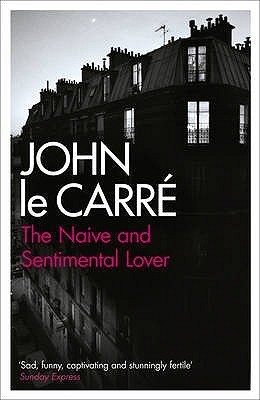What do you think?
Rate this book


560 pages, Paperback
First published January 1, 1971
"First there's foreplay," said Helen, speaking as though she were ordering dinner, "then there's consumation, and finally there's afterglow."As far as Helen's concerned, then, afterglow is just an integral part of sex. But not everyone agrees. For example, Galen of Pergamum seems equally certain of his facts when he says:
Post coitum omnia animal triste est.I find the contrast rather striking. Is it the case that some people experience afterglow, and others post coital sadness? Or do you get afterglow after good sex, and post coital sadness after bad sex? Or could they conceivably be different ways to describe the same thing?